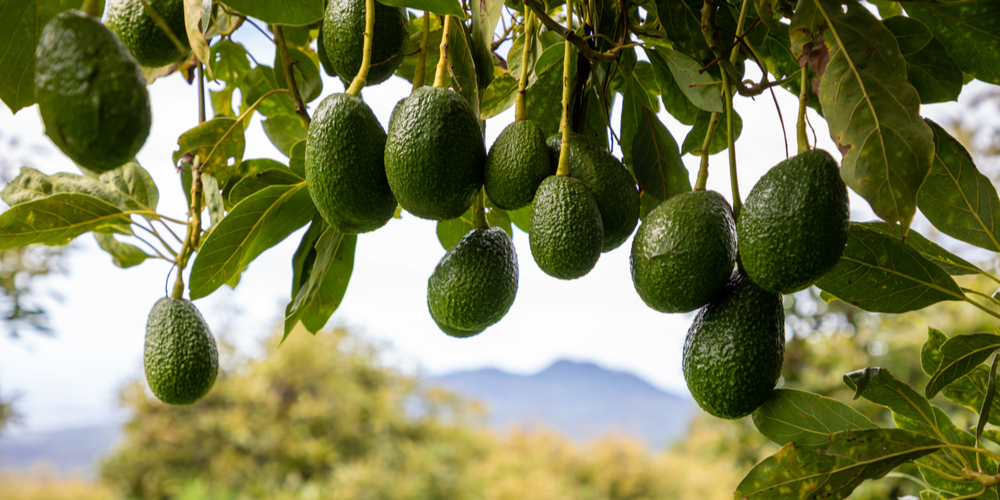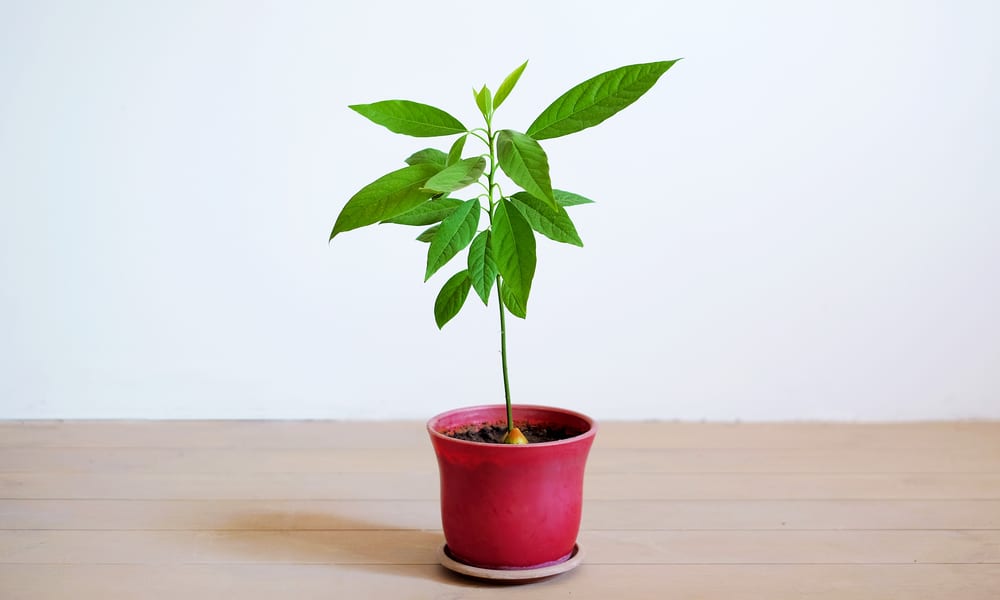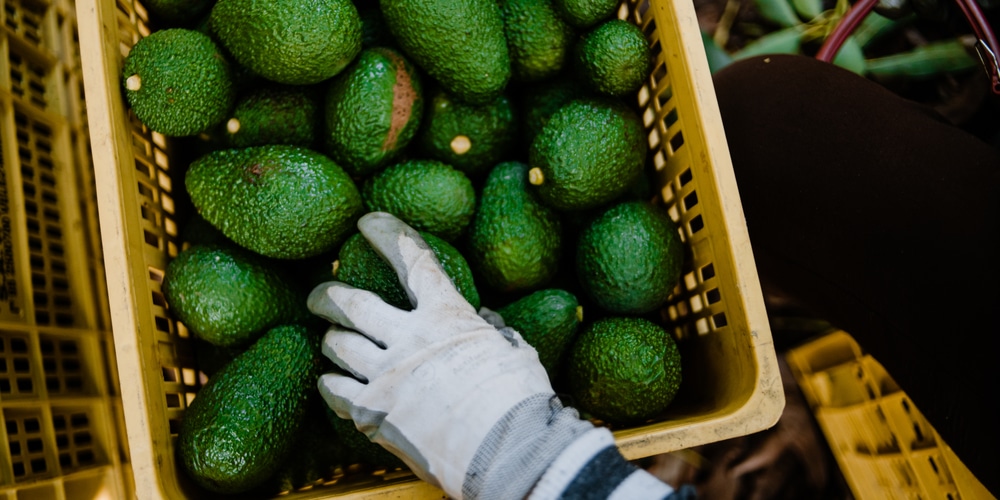Avocadoes have become trendy fruits: they appear in delicious toasts, salsas, and even some desserts. But buying them at the supermarket can be costly. Luckily, if you live in a subtropical or tropical area, you shouldn’t have problems growing these fruit trees in your yard. If you live in Florida, the weather is on your side to grow avocadoes in your garden. You may be wondering, ‘when to fertilize avocado trees in Florida?’
Quick Answer
If you just planted an avocado tree in your garden, you should fertilize it three times during its first year: spring, summer, and fall.
Yes, it might take a lot of patience to harvest delicious avocadoes from your tree. But the results will be worth it in the end!
Don’t forget that you might have to wait up to five years before getting any fruit on your tree. Fertilizing your plants might help boost growth and enhance fruit production.
But doing it at the wrong time of the year won’t bring you the results you expect. To learn when to fertilize avocado trees in Florida, keep reading! Here, we’ll go through everything you must know on the subject!
Fertilizing Avocado Trees in Florida
There isn’t anything out of this world about fertilizing avocado trees. Provided that you ensure your plants are moist, add some mulch around your tree, and enhance the soil’s texture with the addition of organic material such as compost or manure, you shouldn’t have any issues with it.
You can purchase a suitable fertilizer in your favorite gardening store (or online): pick high-quality and balanced products to prevent issues. Don’t forget that the quality of your soil will affect the choice of the product for your trees.
We recommend you do a soil test to understand what nutrients your avocadoes might be lacking. These plants need plenty of nitrogen and zinc to grow lush and produce abundant harvests.
Citrus tree fertilizers are perfect for avocadoes. If you prefer going organic, you can have a go with coffee grounds, fish emulsion, or bone meal. But remember: the results might not be as effective.
Also, you will have to be more patient when using natural products. But when should you apply fertilizer to your trees in Florida?
When To Fertilize Avocado Trees in Florida
If you just planted an avocado tree in your garden, you should fertilize it three times during its first year: spring, summer, and fall. Avoid feeding your tree in the winter, as it will cause more harm than good.
A nitrogen-based fertilizer will do good in this phase. Don’t forget to water your plants deeply after applying any product to increase absorption.
Of course, as your plant matures, its nutrient requirements will change. Your avocado trees will still require regular but light applications of nitrogen.
Consider applying it every couple of months during the spring and summer. Also, to boost fruit production, fertilize your plant with an NKP fertilizer in a 2:1:1 ratio twice a year when your plant is older than two years.
As we mentioned before, you can use a citrus tree fertilizer. Keep the soil moist to prevent problems. And avoid overdoing it: too much nutrition might cause issues to your tree and even result in stunted growth.
If you feel your tree is lacking nutrients, a thick layer of mulch and the addition of organic matter might be of more help.
Growing Avocado Trees in Florida
Besides feeding your plants with a suitable fertilizer, you must also ensure your plant receives all it needs to thrive. For instance, you should keep the soil around your tree moist, especially during the growing season. Mulch can help you with that.
Also, don’t forget that avocado trees must get at least six hours of direct sunlight each day. Because of their shallow roots, you should never plant these trees on poorly drained soils: ensure adequate drainage and compaction to avoid issues.
Finally, inspect your tree regularly to prevent the spread of diseases and pests and take adequate actions to eliminate them from your trees.
Related Article: Growing an Avocado Tree in Zone 10



